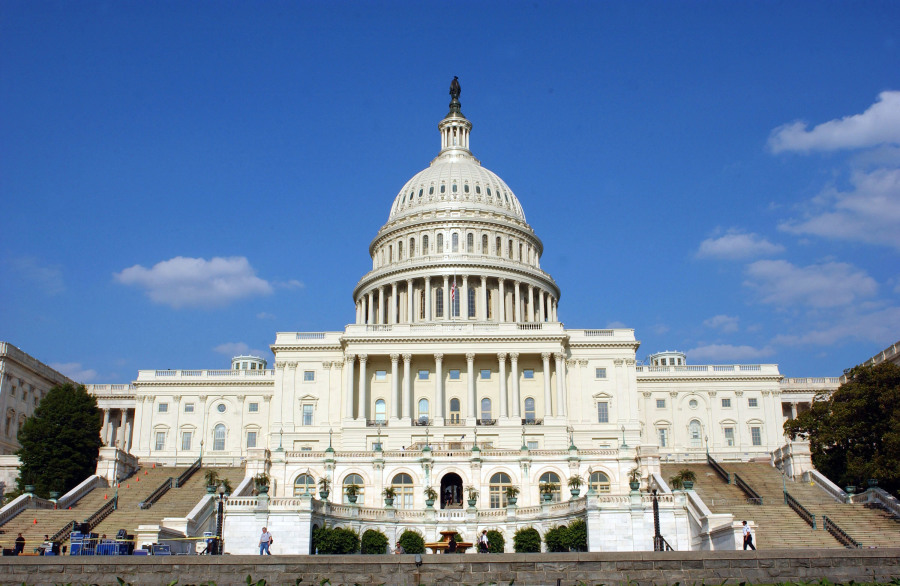(The Center Square) – A recent survey shows that China's mineral oversupply is lowering EV costs but increasing U.S. dependence on foreign materials just as President Donald Trump rolls back Biden-era EV policies.
China dominates the global production and processing of key minerals such as lithium, cobalt, and nickel, all of which are essential for electric vehicles. As Chinese companies ramp up production, the international market is experiencing an oversupply, leading to lower prices for raw materials, which in turn results in cheaper EV batteries and ultimately reduced vehicle costs.
According to the U.S. Geological Survey report, in 2024, key metals like cobalt, lithium, and nickel saw a 40% to 60% decline in value compared to 2023.
A separate report by S&P Global shows that the U.S. has the second-longest timeline for developing new mines, averaging nearly three decades from first discovery to first production.
Although China's reported oversupply of minerals reducing the costs might seem beneficial, it can discourage future mining investments and lead to even more reliance on foreign sources, which raises concerns about supply chain security, most notably at a time of geopolitical tensions.
China's mineral dominance reduces EV costs but threatens U.S. efforts to establish a stable domestic supply chain. This concern only highlights the policy shifts under the Trump administration.
Trump's executive order revokes unused federal funds for EV charging stations and seeks to end a waiver that allowed states to ban gas-powered cars by 2035. It specifically targets the California emissions waiver, directing the U.S. Environmental Protection Agency to remove state restrictions on gasoline vehicle sales.
Revoking federal EV incentives and lifting state bans on gas-powered cars could slow EV adoption while increasing demand for fossil fuels and shifting U.S. energy priorities away from electrification.
The U.S. is working to secure its supply chain by bringing more mining and processing operations back to the country or to allied nations. Currently, the U.S. relies on other countries for most of its lithium, with Chile and Australia producing nearly 75% of the world's supply, though much of it goes to China.
Whether the U.S. can reduce its reliance on foreign minerals while maintaining affordability will depend on policy decisions, supply chains, investments, and global market conditions.








News magazine bootstrap themes!
I like this themes, fast loading and look profesional
Thank you Carlos!
You're welcome!
Please support me with give positive rating!
Yes Sure!